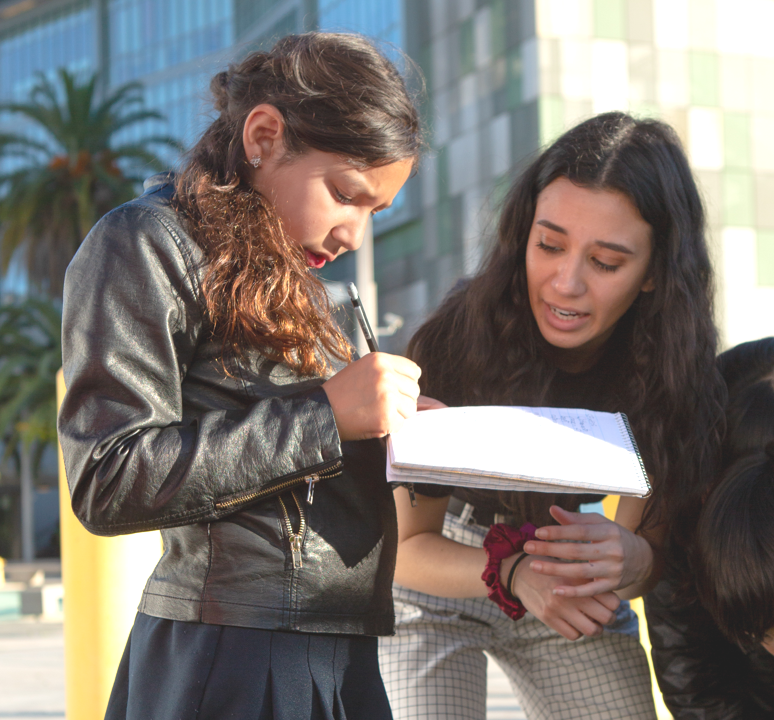Undergraduate Mentorship
Anonymous (She/her/hers/they/them), 29, Pennsylvania
As a woman getting her Bachelor's in mathematics in Nebraska, you might have expected my gender to come up regularly. It was certainly apparent, if only by its uniqueness. But while my classmates were overwhelmingly male, the makeup of my professors was noticeably more balanced, or at least the female professors were memorable enough to make a career in that field seem possible. In fact, Nebraska has annually held the Nebraska Conference for Undergraduate Women in Mathematics for over two decades now, put on by this group of brilliant women. One professor in particular captivated my attention. I was in her abstract algebra class my sophomore year when she mentioned her research was in Computational Neuroscience. I had never heard those words together but had been wondering since high school if and how those two fields might overlap. Dr. C immediately took my interest and ran with it, and for the last two years of my college career I was her paid research assistant and mentee. Her enthusiasm for her work and math in general made me fall in love with math research as she patiently showed me the ropes and pitfalls of an academic life. My story is a brief moment that I replay often; one of those moments you aren't sure why you remember so vividly but you do. I think it's because she was the first person I remember telling me to prioritize my happiness. "If buying a $5 coffee every day makes you happy, it's worth the cost - being happy is the only way you'll be productive, and that's what's more important than money in the long term." My (and I believe her) understanding of the word "productive" in this context is outside of capitalism, signifying a drive to make yourself better in whatever way you define that. The point of her comment was that the only state in which to do that is contentedness. In STEM and academia and so many arenas of life we are taught that self-betterment is through sacrifice, and it is through a select few mentors in my life--starting withDr. C--that I have understood that prioritizing myself is actually the most effective way to be selfless.
Her enthusiasm for her work and math in general made me fall in love with math research as she patiently showed me the ropes and pitfalls of an academic life.


